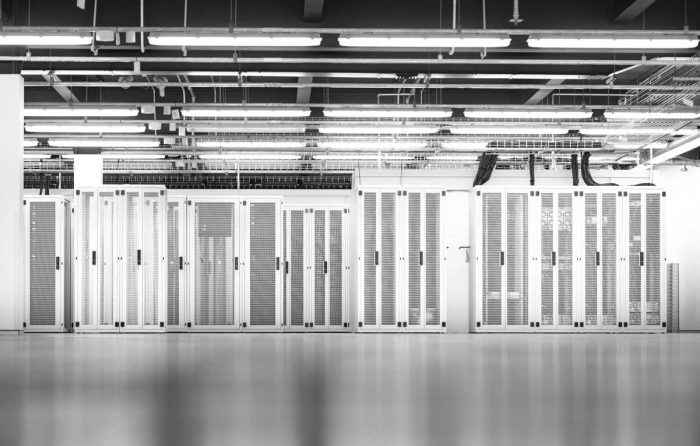The next frontier of gaming
Outside of the data centre industry, gamers are one of the few groups of people that understand the importance of low latency, lag and server locations. They know all too well how a minute delay in the delivery of packets can completely ruin their experience – irrespective of how interesting the gameplay is.
When gamers sit down to stream their favourite game, or pop on a VR headset and open their favourite gaming app, very few would think about data centres that make this seamless experience possible. But they’ll be vocal if it’s not up to par.
The need for smooth performance is even more critical when there’s a chance of millions of players engaging at once – like we see with Fortnite, a hugely popular online game that boasts over 250 million players. Or the 12.3 million concurrent players that participated live in Travis Scott’s Astronomical concert event on streaming platform, Twitch. The gaming industry is likely to continue soaring, but only if the infrastructure behind it can continue to deliver – and that requires data centres to manage load fluctuations, guaranteeing scalability and high uptime.
With on-going advancements in networking and live-streaming technologies, it’s easier than ever to access games on any device. Aside from its carefully constructed gameplay, Fortnite has experienced growth because it does not require investment in a gaming console to play. With new technologies like 5G and greater focus on network infrastructure, the next frontier of gaming is quickly taking hold – cloud gaming.
Given seamlessness is now a key ingredient of gaming success, it is easy to understand why cloud gaming is gaining traction. Described as “more than a Netflix for games”, cloud gaming offers a high-fidelity gaming experience, without the need for expensive hardware. In removing these barriers it has the potential to attract audiences at scale, much like Zoom has done for video conferencing throughout the pandemic.
The cloud gaming market is growing quickly.
According to the NewZoo Global Cloud Gaming Report, it is currently valued at US$584.7M and will reach US$4.8B by 2023.
Given its popularity, the market has seen a variety of new entrants in recent months. Just this week, Facebook joined the likes of Microsoft Xbox Cloud, Google Stadia and Amazon Luna, with the launch of Facebook Gaming. This includes several cloud-streamed games – accessible via its app and on a browser – that are “playable instantly…with no downloads required.”
The trend towards cloud gaming is being driven by heightened demand for home entertainment during the COVID-19 pandemic, but also advances in hyperscale-ready data centres and 5G technology, which allow a more seamless – less glitchy – online gaming experience. This is because hyperscale-ready data centres have the capabilities and infrastructure to deliver scalable network connectivity.
Famous games like Fortnite and World of Warcraft are said to attribute much of their success to data centres. The latter relies on 17 of them to accommodate its 100 GB per second data requirements.
Data centres are essential to delivering the uptime required by the cloud gaming industry and will be pivotal in helping the sector scale. What’s more, advances in the data centre model now make it a more accessible option for game publishers of all varieties. Previously virtual tournaments and online gaming relied on a client-server model and dedicated co-located servers, which was only affordable for large game publishers. Now, publishers of any size can utilise data centre resources.
As online and cloud gaming publishers look to scale, they should ensure their chosen data centre partners meet a number of key security and compliance requirements. This includes Tier III certification (in accordance with the Uptime Institute) and N+1 redundancy to ensure their col-located servers remain available in the event of component failure. It’s also important to know the provider is ISO27001 compliant for secure information management and PCI DSS compliant to protect users’ payment card information.
Without a doubt, online gaming is a big – and serious – business, with no room for latency issues.
Although data centres may not be the first thing people associate with online gaming, they are certainly key to the industry’s future!
Are you ready for the next frontier of gaming? Learn how Macquarie Data Centres can help you scale. Contact us now.




